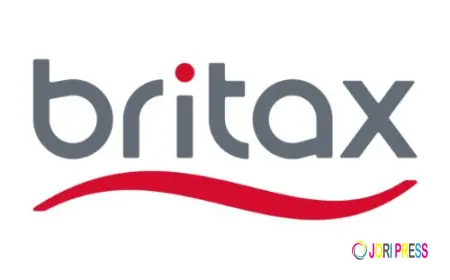Empowering Leaders: The Role of Executive Coaching in Business Growth
Discover how Executive Coaching and Business Coaching elevate leadership skills, drive performance, and foster sustainable business growth.

In today's fast-paced, ever-evolving corporate world, the demand for effective leadership has never been higher. Executive Coaching and Business Coaching are no longer luxury investments reserved for the C-suite alone—they are essential tools that help professionals at every level unlock their full potential. From enhancing personal leadership style to improving organizational performance, coaching provides tailored strategies for long-term success.
Understanding Executive Coaching and Business Coaching
At their core, both executive coaching and Business Coaching aim to develop individuals and teams to achieve specific personal, professional, and organizational goals. However, their focus areas and methods often differ slightly.
What is Executive Coaching?
Executive Coaching is a personalized, one-on-one development process designed for senior leaders, executives, and managers. It focuses on enhancing leadership skills, decision-making, emotional intelligence, and strategic thinking.
Key Benefits of Executive Coaching
-
Increased self-awareness and confidence
-
Improved leadership and communication skills
-
Better stress and time management
-
Strategic goal setting and accountability
-
Enhanced performance in high-stakes roles
Executive coaching is typically future-focused and confidential, providing a safe space for leaders to work through challenges and optimize their leadership style.
What is Business Coaching?
While executive coaching targets individual leadership development, Business Coaching takes a broader view. It’s designed to improve the overall performance of a business by guiding owners, teams, or departments to refine systems, boost productivity, and meet specific business goals.
Key Benefits of Business Coaching
-
Improved operational efficiency
-
Enhanced team collaboration and accountability
-
Increased profitability and growth strategies
-
Clear business vision and direction
-
Leadership alignment and culture-building
Business coaching often includes workshops, group sessions, and KPI reviews that support transformation across multiple layers of the organization.
Executive Coaching vs. Business Coaching—What’s the Difference?
|
Feature |
Executive Coaching |
Business Coaching |
|
Focus |
Individual leadership and performance |
Organizational strategy and execution |
|
Participants |
Executives, senior leaders |
Business owners, teams, departments |
|
Goals |
Emotional intelligence, leadership skills |
Business systems, ROI, culture development |
|
Delivery Format |
1-on-1 sessions |
1-on-1 or group coaching |
Both models are highly effective, and in many cases, they can work hand-in-hand to support an organization’s holistic growth.
When Should You Consider Coaching?
You should consider executive coaching or business coaching when:
-
Your company is scaling or going through a transformation
-
You’re onboarding a new leader or team
-
Leadership effectiveness is impacting team morale or performance
-
Strategic goals are not being met
-
You want to build a strong organizational culture
Long-Term Impact of Coaching
Organizations that invest in Executive Coaching and business coaching often see measurable improvements in both soft and hard metrics. From reduced employee turnover to better financial performance, coaching helps align human capital with business objectives.
ROI of Coaching
According to industry studies:
-
86% of companies report recouping their coaching investment
-
Leadership productivity increases by over 70%
-
Employee engagement and retention see significant improvements
Conclusion
Whether you're a CEO looking to sharpen your strategic vision or a team leader aiming to build stronger collaboration, Executive Coaching and Business Coaching offer powerful tools to elevate performance and navigate complexity. These coaching strategies foster not only individual growth but also organizational transformation, helping businesses thrive in an increasingly competitive landscape.
FAQs
Q1: What makes executive coaching effective?
A1: Its tailored, one-on-one format allows for deep self-reflection, strategic focus, and ongoing accountability.
Q2: Is business coaching suitable for startups?
A2: Absolutely. Business coaching helps startups define goals, structure operations, and scale efficiently.
Q3: How long does a typical coaching engagement last?
A3: Executive and business coaching engagements range from 3 to 12 months depending on goals and organizational needs.
Q4: Can coaching help with team performance?
A4: Yes, both executive and business coaching often enhance communication, alignment, and productivity at team levels.
Q5: Do coaching outcomes last long-term?
A5: With consistent follow-through and goal tracking, the outcomes are sustainable and can drive long-term organizational success.
What's Your Reaction?
 Like
0
Like
0
 Dislike
0
Dislike
0
 Love
0
Love
0
 Funny
0
Funny
0
 Angry
0
Angry
0
 Sad
0
Sad
0
 Wow
0
Wow
0


















































